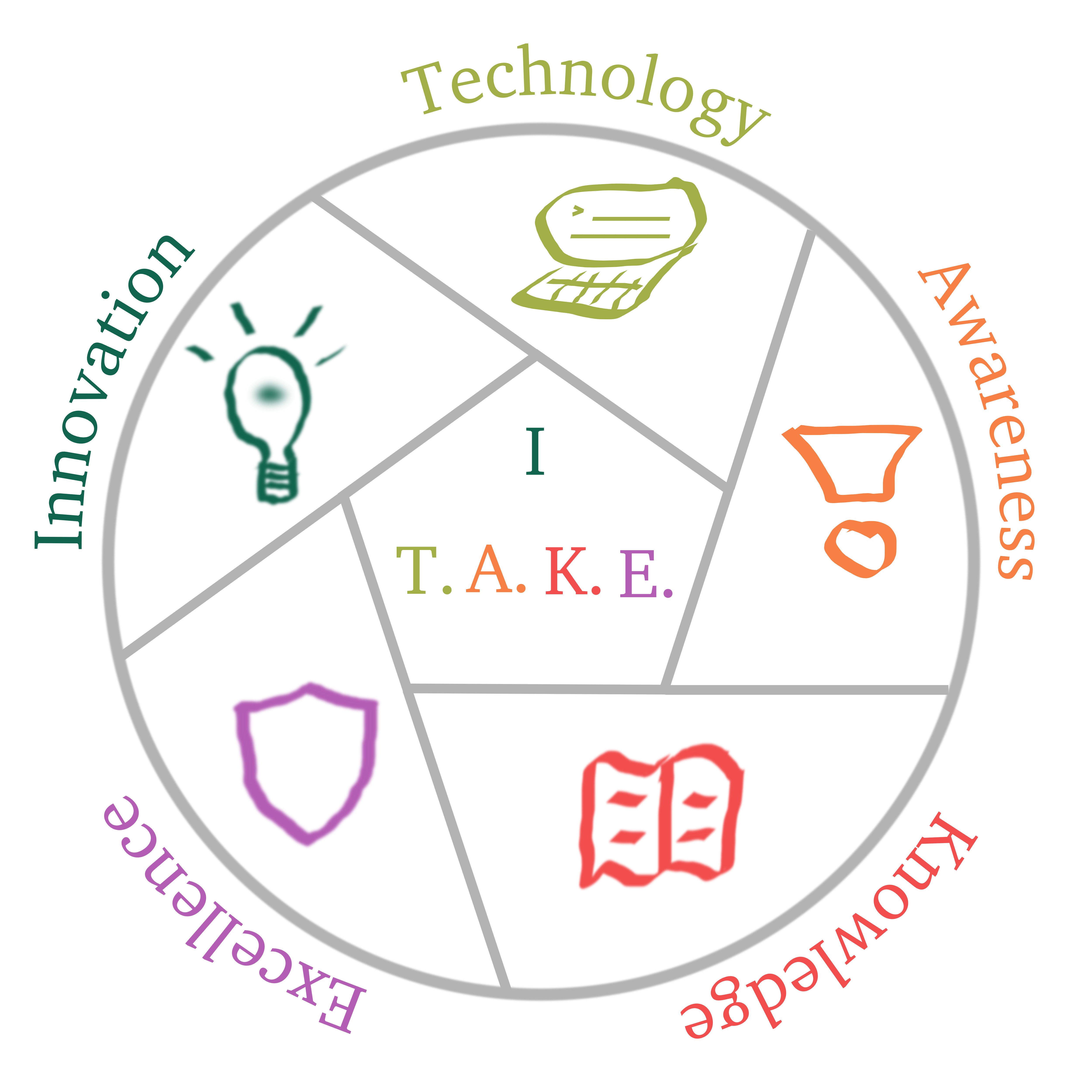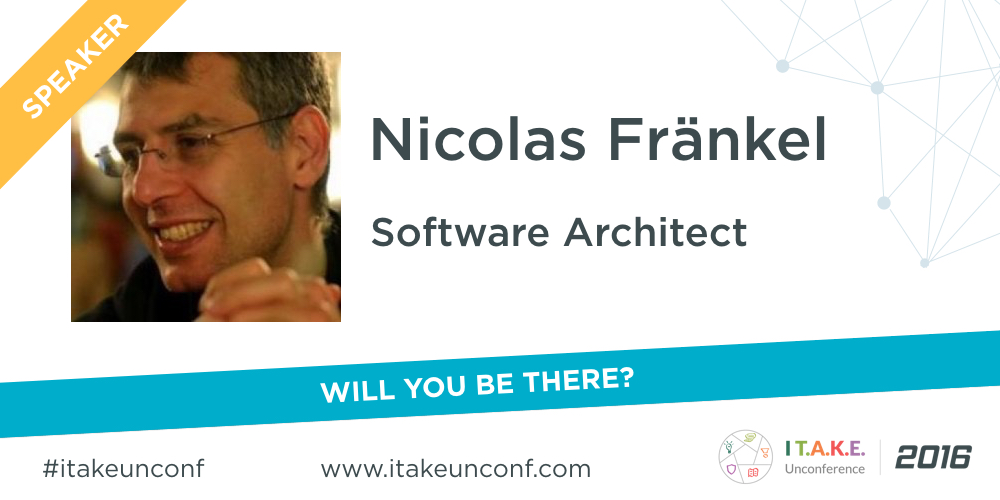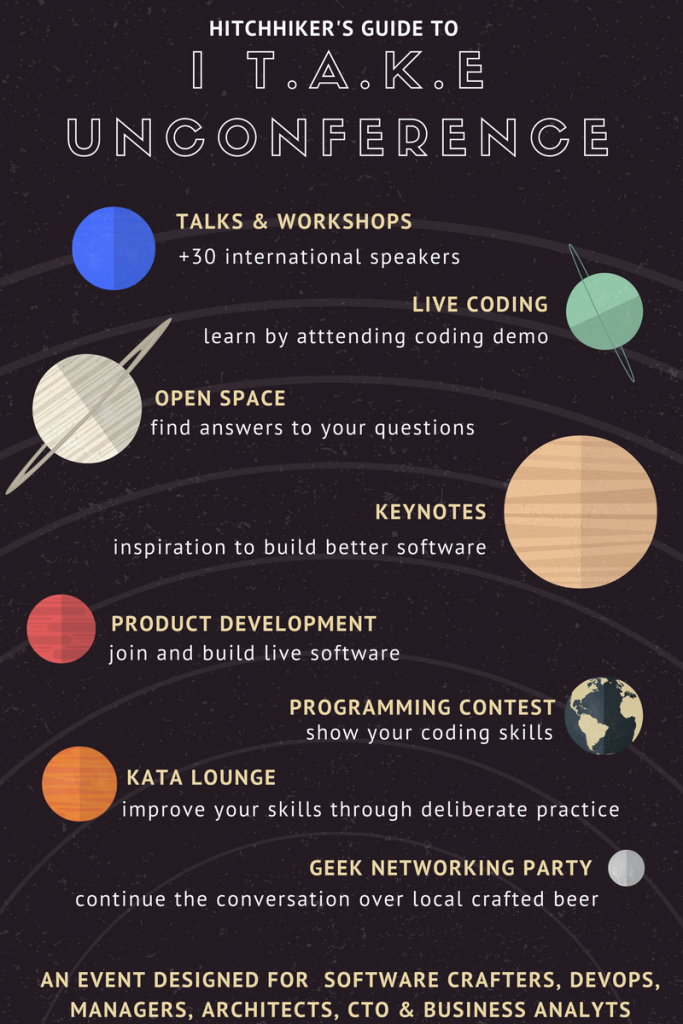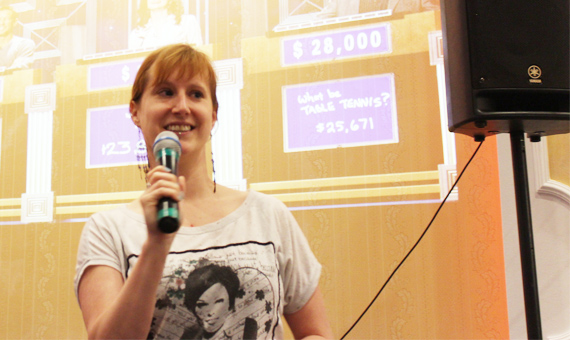
Rebecca Wirfs-Brock is the object design pioneer who invented the set of design practices known as Responsibility-Driven Design (RDD), the first behavioral approach to object design. She is the lead author of two software design books and design columnist for IEEE Software. By accident, she started the x-Driven Design meme (TDD, DDD, BDD…). Although best known for software design, she is has a passion simply expressing complex requirements and effectively communicating software architecture.
Rebecca shared with the audience how to maintain your code in the keynote address from the first edition of I T.A.K.E Unconference. Watch below her remarks!
Code. Craft. Learn. Share. Repeat. Call for Speakers for I T.A.K.E Unconference, 5th edition, is open! Apply here.








